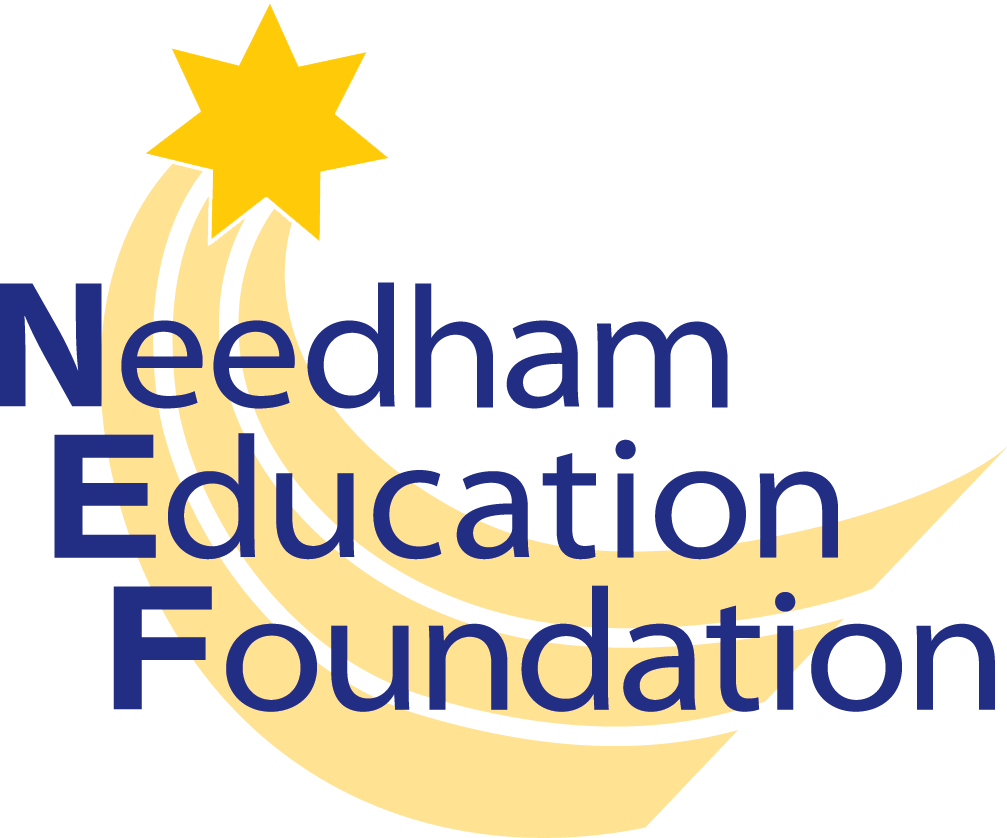At the Needham School Committee meeting on October 17th, the Needham Education Foundation (NEF) announced $156,580 in funding to support equity-centered professional learning during the 2023-2024 school year. This funding is part of a collaborative initiative between the NEF and the district to advance equity for all students in the Needham Public Schools.
Using the Portrait of A Needham Graduate strategic plan as a guide, the district aims to create a school environment in which all members experience a sense of belonging, respect, and connection to the community. Students who experience schools and classrooms with strong social emotional learning and equity practices in place are far more likely to attend school and engage in learning, have stronger self-management, social awareness, and relationship skills, report a stronger sense of self efficacy, and perform better academically compared to students who do not experience these conditions.
Using a three-prong approach, the funding will support professional learning focused on providing educators and leaders with the tools, strategies, and knowledge needed to create the conditions for learning for all students in every classroom.
- Leadership Academy for Educational Equity, Understanding, and Organizational Transformation from William James College
The goal of the leadership academy is to sharpen the personal and collective equity lens of the district’s leadership and to leverage leadership practices in educational equity that improve outcomes and experiences for all students. Sessions have been customized for the Needham schools based on the graduate leadership program at the Center for Behavioral Health, Equity, and Leadership in Schools at William James College which is aligned to the Massachusetts Department of Elementary and Secondary Education (DESE) administrator standards.
The entire district leadership team, which is comprised of sixty leaders, will attend the leadership academy, including administrators from each school, special education and support service leaders, curriculum leaders and department heads, Metco leaders, and central administration.
- Teacher-focused professional development with author/educator Cornelius Minor
Through prior funding from the NEF, author and educator Corneilus Minor gave two keynote addresses last year and met with several department teams after a district-wide read of his book We Got This. That work clarified the importance of building meaningful relationships with students as well as offering key classroom strategies for building an inclusive classroom.
This funding will continue the professional development with Mr. Minor by providing opportunities for professionals to identify and practice student-centered instructional strategies, collect data to measure effectiveness, and analyze the data and determine next steps. Sessions will be conducted in groups for elementary principals, Metco educators, as well as 70 secondary humanities teachers and their directors and 70 STEM teachers and their directors from High Rock School, Pollard Middle School, and Needham High School with the goal of increasing teacher’s use of data to improve learning and provide equitable classroom practices that lift all students.
- Consultation, training, and support for implementing Restorative Practices in schools
Restorative Practices is an approach that focuses on developing safe and supportive communities through building, maintaining, and repairing relationships among community members. The funding will provide consultation and professional development to assist the Needham Public Schools in building awareness and understanding of restorative practices at the elementary level and to support the next stages of implementation at Pollard Middle School and Needham High School.
The goal is for educators to foster healthy dialogue and increase mutual understanding and empathy among students and staff, leading to an overall sense of connection and increasing the capacity to handle conflict in a way that promotes growth and repairs relationships. Restorative practices is also an umbrella framework that helps to pull together and integrate other initiatives like social emotional learning and culturally responsive teaching because of the shared purpose of creating the conditions for learning for all students.
